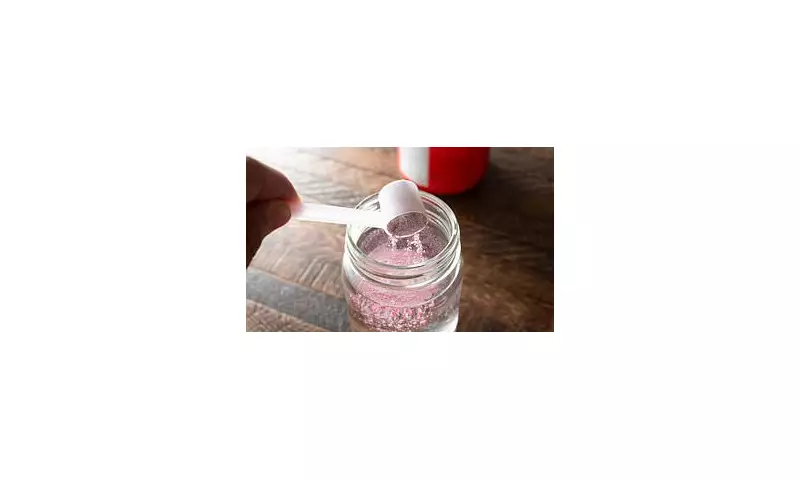
Walk down any supermarket aisle or pharmacy shelf, and you'll be confronted by a rainbow array of electrolyte powders and supplements promising peak performance and rapid recovery. But are these products genuinely beneficial, or just expensive salt water?
The Science Behind Electrolytes
Electrolytes—including sodium, potassium, magnesium, and calcium—are essential minerals that carry electrical charges through our bodies. They're crucial for maintaining fluid balance, nerve function, and muscle contractions. When we sweat during exercise or in hot weather, we lose these vital minerals along with water.
Who Actually Needs Electrolyte Supplements?
According to sports nutrition experts, the average gym-goer doing moderate exercise for under 60 minutes likely doesn't need specialised electrolyte products. For most people, a balanced diet and proper hydration with water are sufficient.
However, electrolyte supplementation becomes crucial for:
- Endurance athletes training for more than 90 minutes continuously
- High-intensity interval training participants in hot environments
- People working in extreme heat or those with physically demanding outdoor jobs
- Individuals experiencing illness with significant fluid loss from vomiting or diarrhoea
The Lucozade Controversy
Traditional sports drinks like Lucozade have come under scrutiny for their high sugar content. While they provide quick energy and some electrolytes, many health professionals argue the sugar load outweighs the benefits for casual exercisers.
"For the average person going to the gym for an hour, these sugary electrolyte drinks are essentially liquid calories they don't need," explains one sports scientist.
Choosing the Right Electrolyte Product
When electrolyte supplementation is necessary, consider these factors:
- Sugar content: Look for lower-sugar options unless you're engaged in prolonged endurance exercise
- Electrolyte profile: Ensure the product contains sodium, potassium, and magnesium in balanced proportions
- Additional ingredients: Avoid unnecessary additives, colours, or excessive caffeine
- Individual needs: Consider your sweat rate, exercise intensity, and environmental conditions
Natural Electrolyte Sources
Before reaching for manufactured products, remember that many whole foods provide excellent electrolyte sources:
- Bananas for potassium
- Dairy products for calcium
- Nuts and seeds for magnesium
- Table salt for sodium (in moderation)
The bottom line? Electrolyte powders have their place for serious athletes and specific circumstances, but for most people, they're an unnecessary expense. Listen to your body, stay hydrated with water, and maintain a balanced diet—your wallet and your health will thank you.





